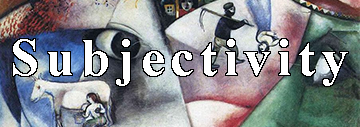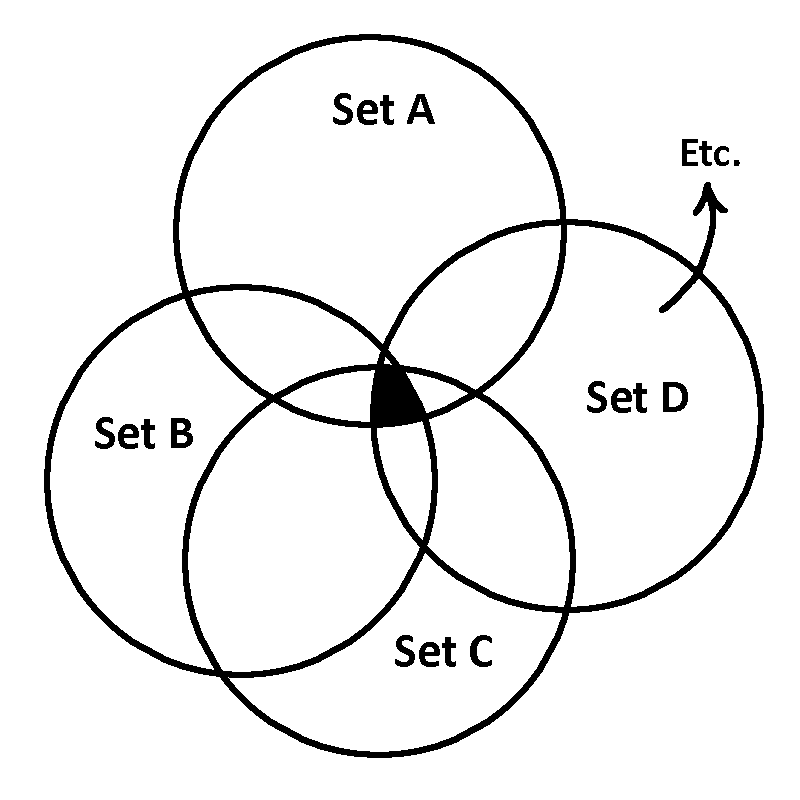



Words are very personal things. Each person has a unique set of associations attached to the words they use.
Whilst the generic form of a spoken word, and the grammar of language, provide a common ground for communication between individuals, when we speak, the subtleties of voice tone put an individual stamp on words, that convey, to some extent, the personal relevance each word has for the speaker, along with accommodation for environmental factors that are present at the time of speaking.

A speaker can stand with a friend in a garden that contains hundreds of plants and use the term ‘the plant’ and pick out a particular individual. The subjective context of the speaker is immediate.

However, when we step from the realm of speech to the realm of printing and writing, the situation changes dramatically. The personal element of meaning is removed completely from the level of the generic word form. ‘Dictionary definitions’ and ‘standard usage’ cannot supply any of the subtleties of personal association and local relevance.


These terms suggest expansiveness and largeness, but in fact they signify restriction and shrinking. The meaning of words is reduced to that small area of a Venn diagram where millions of sets overlap: the common ground; the standard usage.
It should not be thought that restrictions are necessarily bad: life is all about adapting and coping with restrictions. However, when restrictions are not acknowledged and recognised as such, distortions in perception can result. The basic reality scheme contained in language is taken to be how the world is and not just a convenient tool for organising our experience.
* * * * *
Limiting Factors of language
| Language Logic | |
| Basic | |
|
Objectification Linearity Abstraction Subjectivity (this page) |
|
| Composite | |
| Location | |